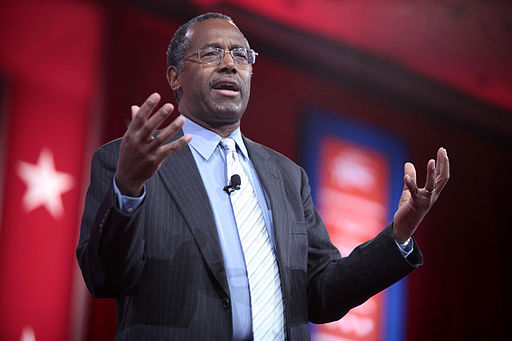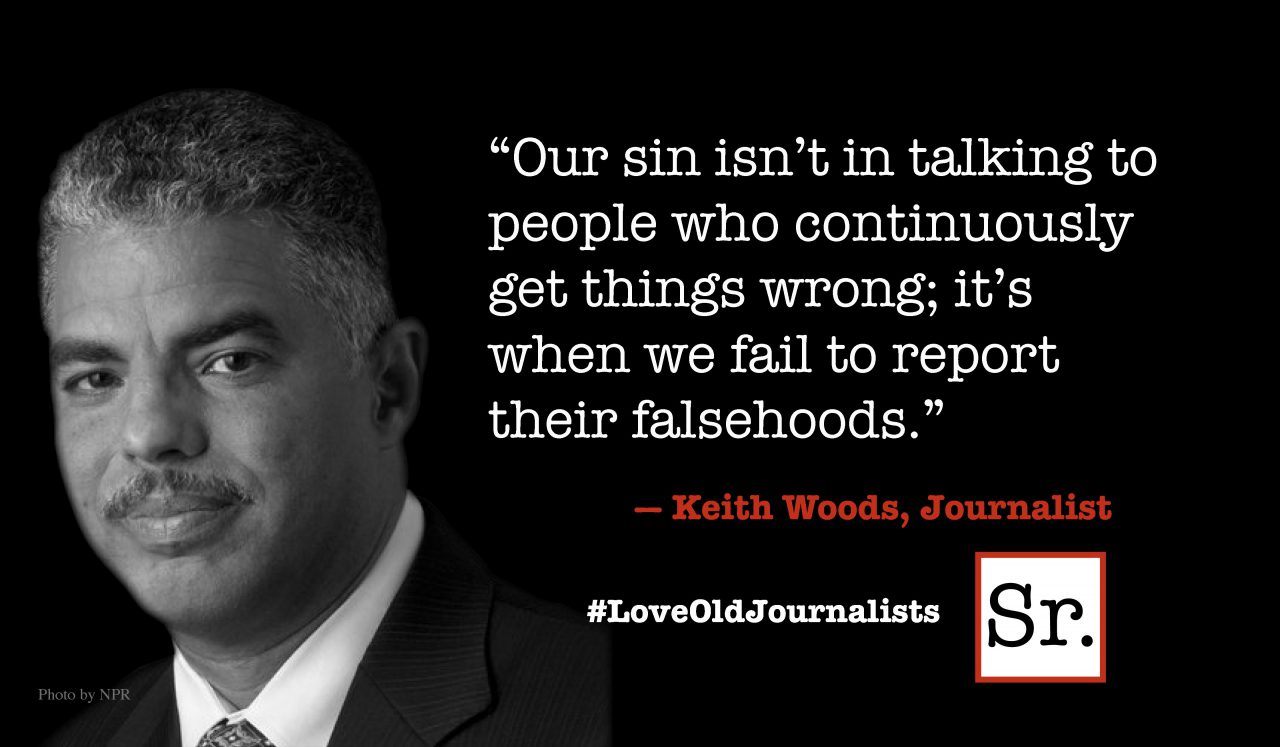Ben Carson is a famous brain surgeon who comes across as warm and friendly, and altogether charming. The polls show him ahead in Iowa’s Republican primary next month.
A Carson supporter told the New York Times that Carson is not bombastic like Trump, or another fiery orator like Ted Cruz of Texas.
Another fan of the doctor said the other candidates have “a snowball’s chance in Hell of changing things in Washington” the way Carson will.
According to the Times, Carson’s rise in the polls is driven by his consolidation of evangelical voters who represent close to 60 percent of Republican caucus-goers, a “trend that would carry him strongly into voting states in the South with similar demographics.
“Traditionally, a single anti-establishment candidate has emerged from Iowa, finishing in the top two or three.”
I have a problem. My instinct, or sixth sense, is not evidence you can cite with authority. When I watch this good person I would be less than candid if I didn’t admit finding Mr. Carson almost too good to be true.
I’m reminded of Elmer Grantry, the character in the Sinclair Lewis novel who, with his attractiveness and instinct for self-promotion, becomes a successful evangelist and the leader of a large Midwestern church.
Carson so charms that when a moderator in October’s Republican debate had the temerity to question Carson’s relationship with Mannatech, a company that produces dietary supplements made from substances such as aloe vera extract and larch-tree bark, the crowd booed. Journalists apparently had no business prying into the affairs of a man who would be president.
According to reporting cited by Wikipedia, Carson credited the company’s products for the disappearance of his prostate cancer symptoms. Carson’s relationship with Mannatech continued after the company paid $7 million to settle a deceptive-marketing lawsuit in Texas over claims that its products could cure autism and cancer.
In 2013, Carson was paid $42,000 for a speech for the company; a picture of the doctor appeared on the company’s website last year.
In the same year, Carson praised the company’s “glyconutrient” supplements in a PBS special that was subsequently featured on the site,” again, according to the published reports.
The moderator persisted with questions as the Republican crowd drowned him out howling.









